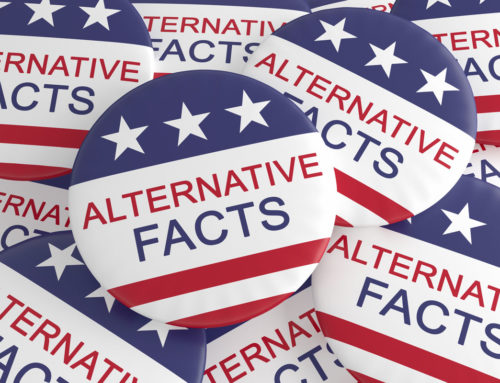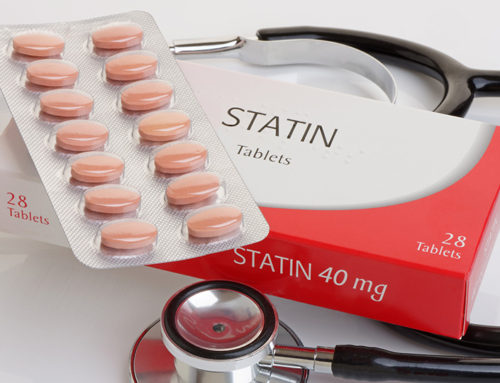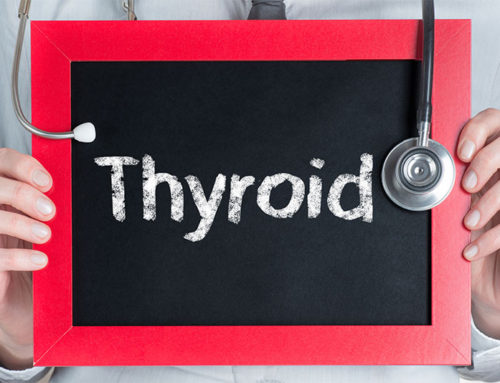I’m a huge believer in nutritional supplements. I myself take close to 30-40 of them a day. And I’m constantly writing rebuttals to badly researched media articles that tell us how “useless” supplements are (they’re not).
So please understand that the critique I’m about to put forth is not about trashing supplements. It’s about trashing disinformation.
Supplements are a wonderful high-tech way to deliver nutrients that our bodies need in optimal, clinically meaningful doses that are difficult or impractical to get from food. But to get the value that supplements are capable of delivering, you’ve got to use the proper form of the nutrient you’re paying good money for.
Sadly, this isn’t always what happens.
Take vitamin E for example. There are eight different “fractions” of vitamin E, eight different compounds that make up what we collectively call “vitamin E”. They include alpha and gamma tocopherol and all four tocotrienols (alpha, gamma, beta and delta). Yet a tremendous number of commercial vitamin E supplements are 100% alpha tocopherol. Such a vitamin E supplement is incomplete. At the very least, it’s missing many of the most active and health giving components of vitamin E (such as gamma-tocopherol).
Worse, some really low-end companies still use a form called dl-alpha-tocopherol which is completely worthless and shouldn’t even be on the market. At least
d-alpha tocopherol has some theoretical benefits—dl-alpha tocopherol has none.
But most consumers don’t look this deeply under the hood.
Omega-3 is another category where there’s a lot of misdirection going on. There are three different omega-3 fats—alpha linolenic acid (ALA) , found in plant foods like flax and hemp, and EPA and DHA (eicosapentaenoic acid and docosahexaenoic acid) found in fish and fish oil. They are not all the same. ALA has to be converted in the body to its more active, potent forms (EPA and DHA), which have been widely studied for their effect on heart health. Yet unscrupulous companies frequently add a few ineffective milligrams of the least potent omega-3 to their “energy bars” and then write on the label “Now With Heart Healthy Omega-3!”.
It’s not quite lying… but it’s definitely misleading.
And speaking of forms of nutrients…’
It’s downright depressing that some medical doctors still recommend TUMS for calcium, when, in fact, TUMS is pure calcium carbonate, the least effective form of calcium for anyone over 30. (TUMS as a calcium supplement is a terrible idea for many reasons, being 100% calcium carbonate is high on the list.)
Another really glaring example of supplement company deception is resveratrol. This health-giving flavonoid is found in red wine and the skin of dark grapes, and has a ton of research supporting its anti-aging properties. (Resveratrol turns on longevity genes and is a potent anti-inflammatory and antioxidant as well.)
But the companies selling the cheap stuff don’t want you to know that the powerful actions of resveratrol come from one compound—- a particular component of resveratrol called trans resveratrol. If you look at the back of the supplement label, it should tell you how much of the resveratrol you’re paying for is actually trans, which is the only part of resveratrol you care about.
Typically, the label will say, (in very small print), “standardized to 10% trans” which means that only 10% of what’s in each capsule is the active ingredient that actually matters. So, for example, if a bottle of resveratrol in a big box store says 500 mg resveratrol, but is “standardized to 10% trans”, you’re only getting 50 mg of trans resveratrol per dose, which, sorry to say, is almost certainly clinically useless.
Very few companies make resveratrol supplements that are 100% trans resveratrol— if you can find one, that’s the one to buy. The only company* I know of that makes resveratrol supplements that are 100% trans resveratrol is Reserveage (and its sister brand ResVitale, sold exclusively at GNC). Their
250 mg resveratrol capsule actually contains 250 mg of pure trans resveratrol, something that’s true of very few other companies. If you’re taking resveratrol—which I happen to think is a really good idea—that’s the brand you should buy.
The moral of the story: Just because a company is making nutritional supplements doesn’t mean they always have your best interests at heart. You can make a pretty penny selling “high omega-3” energy bars that have 12 mg (useless) of alpha-linolenic acid in them, vitamin E supplements that are all d-alpha tocopherol (worse than useless), or “250 mg resveratrol supplements” that contain only 10% trans resveratrol in them .
Buyer beware.
In health—as in life—there’s really no substitute for good information.
*There are one or two other ethical companies that also make resveratrol supplements that are 100% trans, like Life Extension, but they’re harder to find. Reserveage and ResVitale are widely available.














I TAKE” CARDIO FOR LIFE “IN POWDER FORM EVERY MORNING BUT I CAN ONLY BUY IT IN ONE PLACE AND I DO NOT HEAR ANYTHING ABOUT IT,CAN ANYBODY HELP?
what collagen supplement do you take will it help wrinkles in my face